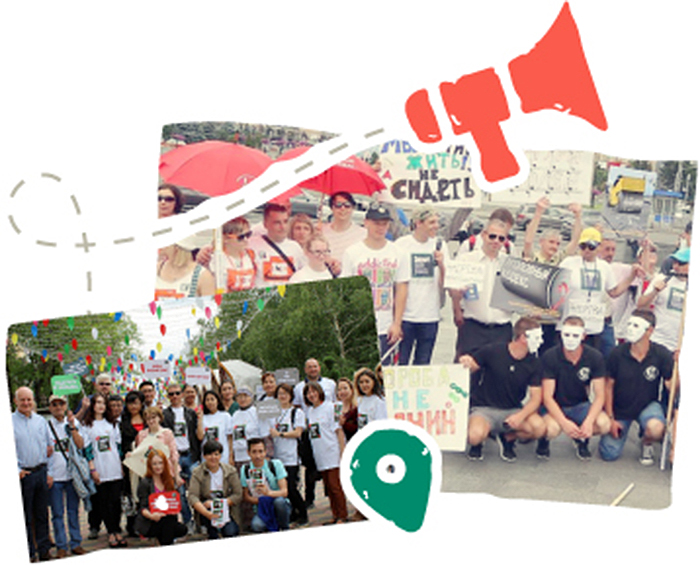This page will be updated during the day, as the events happen
Side events
Human rights tools: Incorporating international justice and targeted sanctions into drug policy
Organized by DRCNet Foundation and Forum Droghe Associazione Movimento per il Contenimento dei Danni
The event was about the situation in The Philippines where rights of drug users are violated. There were more than 30.000 acknowledged and 20.000 unofficial killings recently and extended attack on political opposition and media.
Also, situation in Bangladesh, where people are killed for both sex and drug crimes.
Good practices in cross-sectoral cooperation: Civil society involvement in policymaking in Europe
Organized by Finland and Spain, and Civil Society Forum on Drugs in Europe, Correlation – European Harm Reduction Network, European Union, Foreningen for Human Narkotikapolitikk, International Drug Policy Consortium, Rights Reporter Foundation and Youth Organisations for Drug Action
Civil Society Forum on Drugs members are selected by the European Commission. CSFD representative presented a variety of activities they had.
Elina Kotovirta, Finish representative talked about cooperation with CSFD in 2019, when they held the EU presidency – in preparations for the Ministerial segment last year. Both sides evaluated cooperation as a very good one.
The representative of Norway Carl-Erik Grimstad, member of the Parliament, started his presentation raising the shirt with message “Nothing about us without us”. The civil society representatives gave a significant contribution in defining a new drug policy. He underlined that the key change needed is de-stigmatisation. Decriminalisation that is about to be adopted is a step in that direction. He encourages community organisations to take the lead in this process.
Arild Knutsen, leader of the Norwegian Association for Humane Drug Policy, drug user almost all his life. He was recently seen as a garbage of the society, but now he finds himself a source of the society. He spoke about the process of changes and spoke so positive about cooperation they have with politicians, parliamentarians and ministries. “Our drug policy is just humane!”
Milutin asked two questions:
- Is it OK that EU institution decides about who will be civil society representatives in the CSFD?
- Do you work with candidate countries? Acquis have only a narrow view on the issue of drugs – almost exclusively drug supply.
The Finish representative explained process of electing CSFD members and promised to propose finding a model of involving the civil society itself in that process. She also mentioned some ways of cooperation with accession countries (cooperation with EMCDDA, twinning projects) and agreed that most of the relation is on supply demand.

Meetings
Civil society organisations had informal dialogues with CND Chair, Director of UNODC and INCB Chairman.
Informal meeting of the European Citizens’ Initiative to change regulation on cannabis was held at the CND. The text of the initiative is in the final stage. The main challenge is how to collect million signatures in EU.

IDPC invited organisations active in the “Support. Don’t Punish” campaign for a meeting to discuss developments and the upcoming 2020 Global Day of Action. The International day of action will be celebrated for the eight time. The call for expression of interest will be issued on 16 March and opened for a month. The process will be the same as recent year(s). There was a call for projects in October 2019 where 84 projects were submitted but IDPC had resources to support only 6 of them.




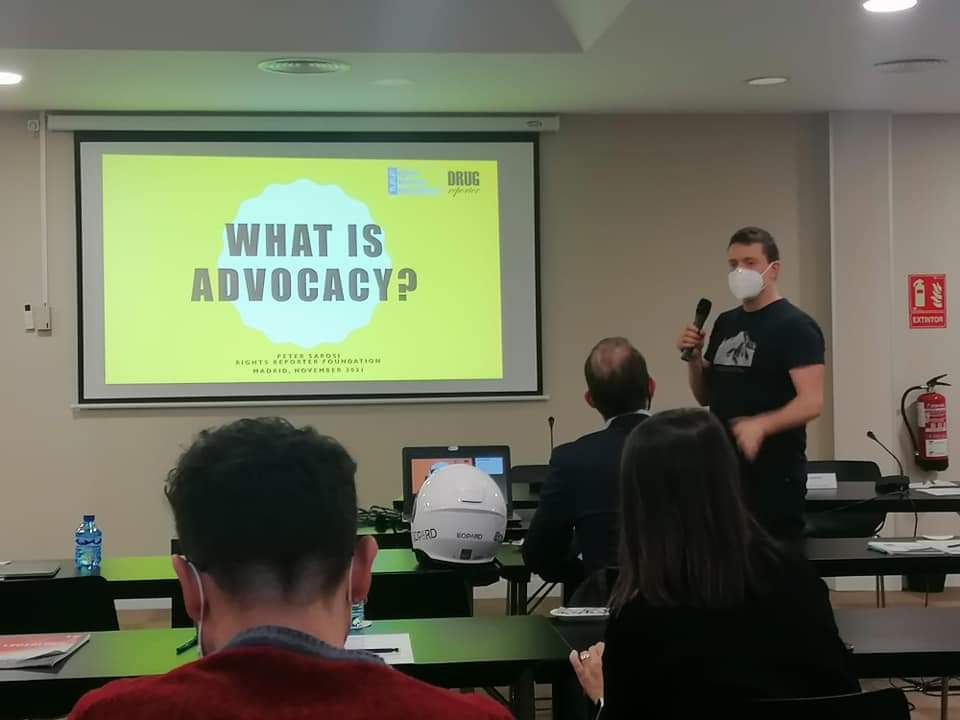

 To read the briefing paper,
To read the briefing paper, 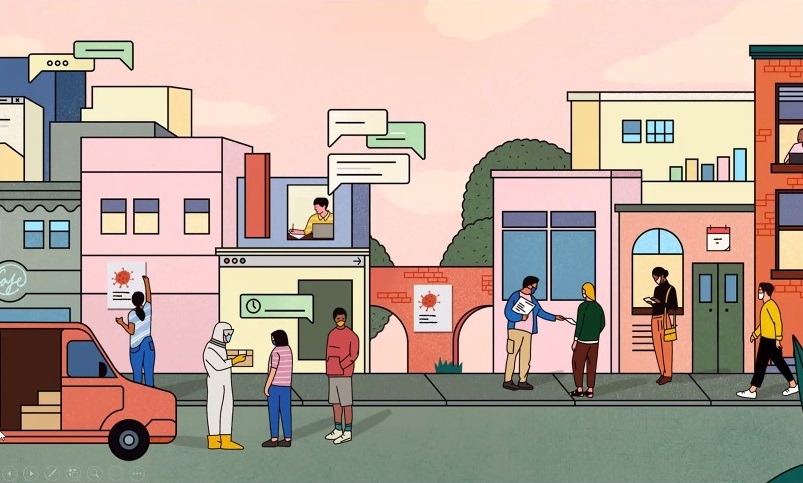
 Aiming to better understand and support the network to respond to these emerging challenges, especially with regard to advocacy for drug policy reform centred on human rights and public health, the IDPC Secretariat initiated a process of documenting and analysing the experiences of civil society and governmental actors working in the context of the COVID-19 pandemic.
Aiming to better understand and support the network to respond to these emerging challenges, especially with regard to advocacy for drug policy reform centred on human rights and public health, the IDPC Secretariat initiated a process of documenting and analysing the experiences of civil society and governmental actors working in the context of the COVID-19 pandemic.

 The report is available
The report is available 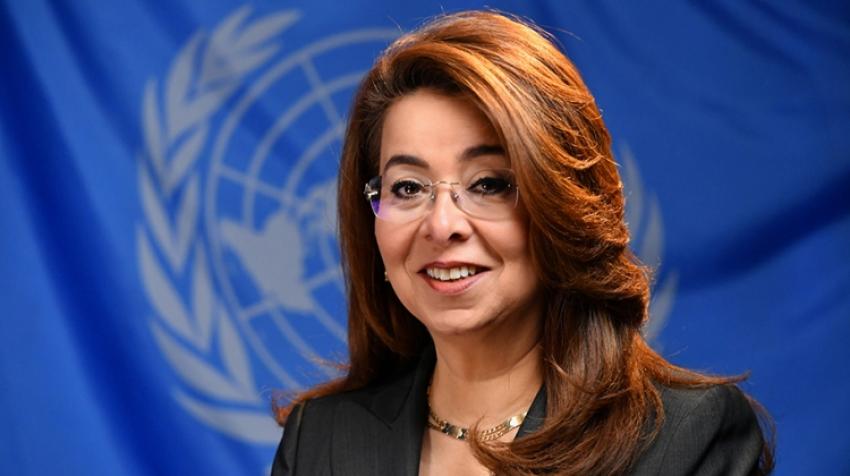
 To read the letter,
To read the letter, 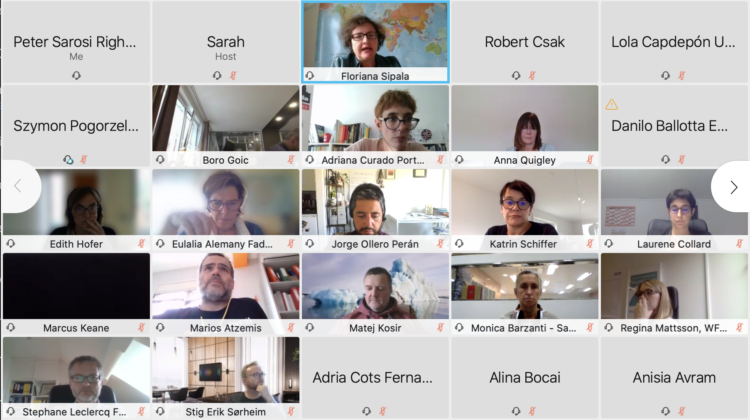

 The letter is available
The letter is available 
